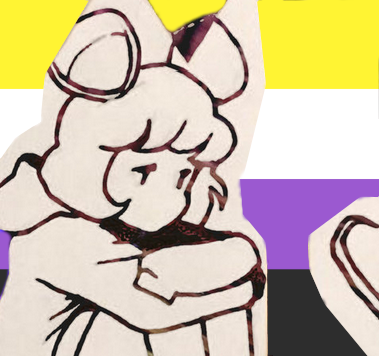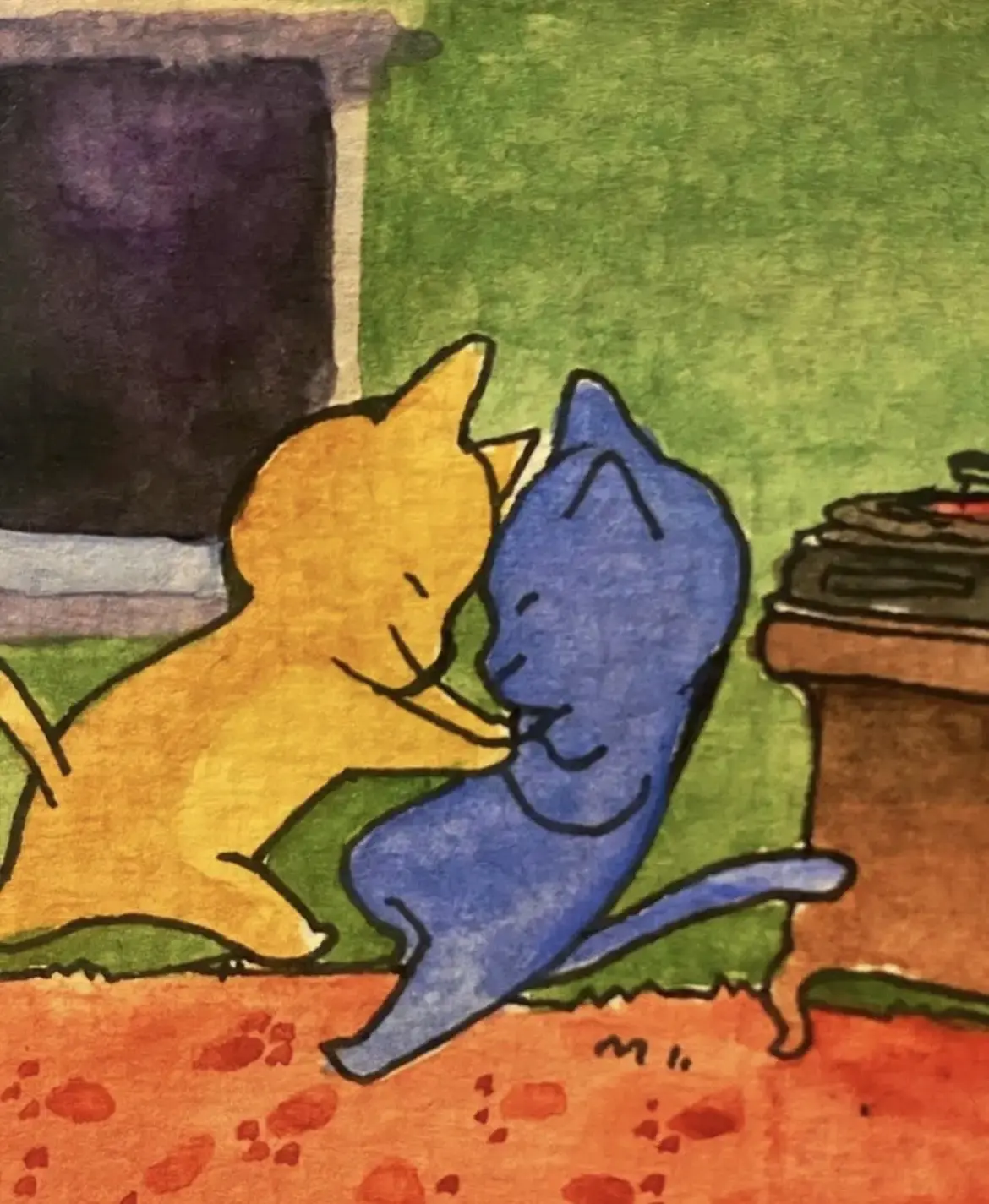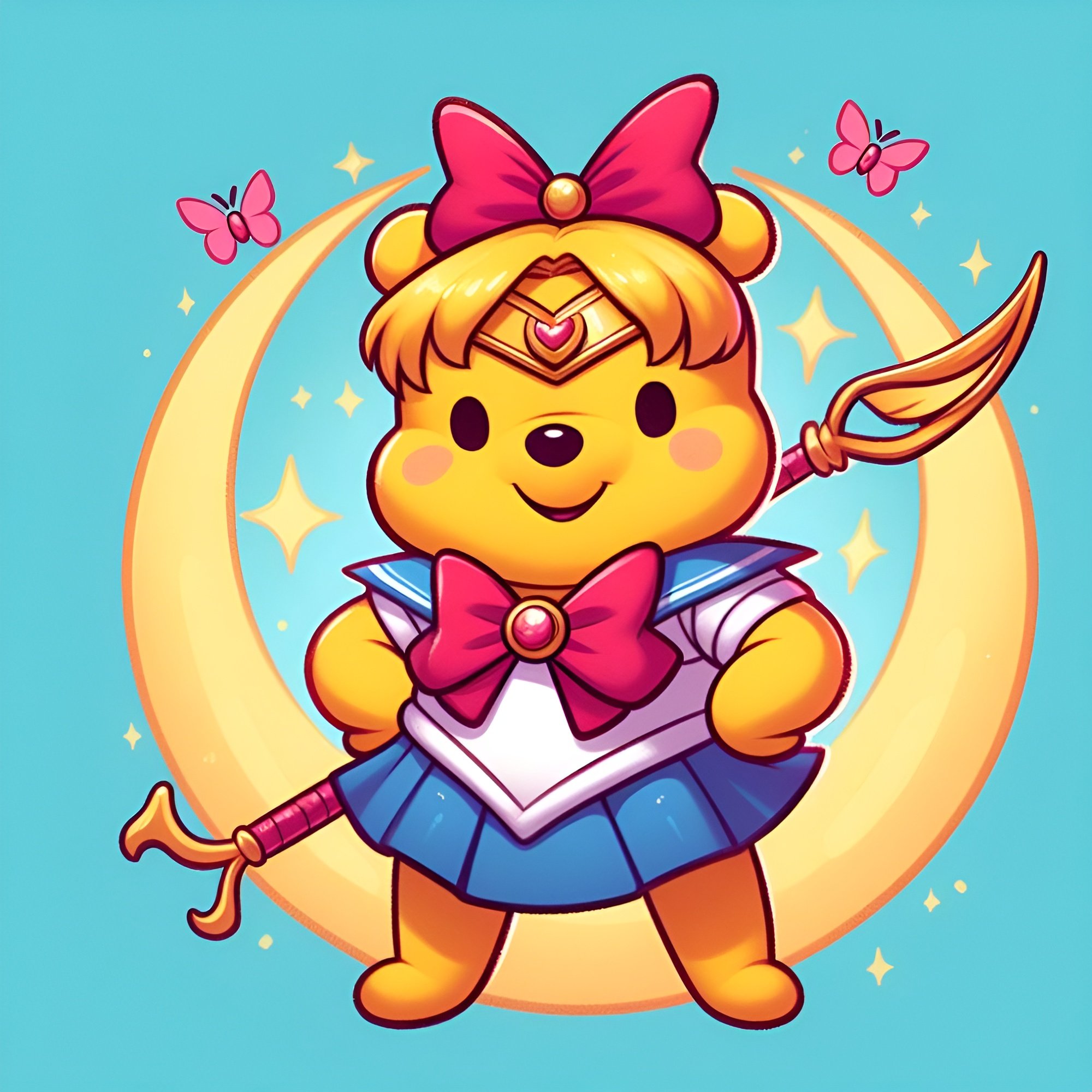What are your opinions on using transgender vs using transexual? Ive been seeing more trans feminine people use transexual to refer to themselves these days and I thought I had it figured out but im confused. Originally, how i saw it was transphobic dolls trying to distance themselves from the rest of the transgender community at large. But the more i read about trans theory and talk to trans women, im finding more and more “cool” trans women calling themselves transexuals. What am I missing?
Transgender, in its conception, was a coalitional term designed as an umbrella for all sorts of people who transgressed against cisheteronormative gender roles. This included transsexual people, but it also included crossdressers, drag queens/kings, stone butches, fairies, dykes, aggressives, removeds, and a whole slew of other identities (many of which would, in our current terminology, be considered “cis”).
It was only in the late nineties and into the early aughts that the term transgender started being viewed as synonymous with transsexual. This has led to a lot of interesting (though often inflammatory) shifts in the language used in queer communities. In the anglosphere, the language of institutionalized queer organizing gained prominence, and street-level identifiers fell by the wayside. There were lots of reasons for this: some identities were considered too niche, or too difficult to parse for cishetero audiences. For some, the terms that were symbols of self-realization in some communities were often considered slurs in others (and this is especially true of identifiers used by racialized and otherwise marginalized communities, as able-bodied, educated, wealthy white queer people became a focus for deciding which language was acceptable and which was “offensive”).
With the prominence of the coalitional term “transgender,” which offered an opportunity to bridge the gap between a lot of different marginalized groups under a cohesive banner, transsexual came into a specific sort of cross-fire. On the one hand, you had a new wave of self-identified transgender people making arguments that transsexual as a term was “binary” and “reinforcing gender norms,” which you may recognize as a parallel to arguments that “bisexual” as a term “reinforces the binary.” (This is also a bit of a rehashing of the old lesbian movement’s arguments that androgyny is the “correct” way to do lesbian feminism, and that femininity “reinforces the patriarchy.” Turns out political movements are often doomed to recycle the same tired and divisive rhetoric).
On the other hand, you had transsexual people who did struggle with accepting or understanding the larger coalitional movement, for a variety of reasons. For instance, there are transsexual people who were resistant to the idea that they could be “lumped in” with crossdressers, or queens, because (especially at the time) many people who were openly transsexual lived “straight” lives, and couldn’t agree with the fact of their manhood or womanhood being conflated with queer sexual practices. There were transsexual people who considered themselves to have a medical issue unrelated to queer activism, or who desired to live lives of stealth. There were transsexual people who saw their very identity as transsexual get villainized by other queer activists as “reinforcing the binary,” as though some identities could be inherently radical/more radical than others. There were transsexual people who were having their very specific transsexual needs sidelined under wider discussions of transgender activism and transgender rights.
These were all very real and interlaced conflicts of language, the type that will come up in any coalitional organizing, by the way. Coalitions are great for getting people swinging together, but they can easily end up replicating systems of hierarchy and invisibilize the differing needs of the members within that coalition (check out Viviane K. Namaste’s Invisible Lives: The Erasure of Transsexual and Transgendered People and Julia Serano’s Excluded: Making Feminist and Queer Movements More Inclusive).
This is all to say that there has been a very deep interplay of competing ideas of what it even means to be transsexual and transgender, that there is no consensus and that there can be no consensus because any consensus would at its heart replicate the very systems of assignment of identity and gender role that transgender activism erupted to combat. There is a very real effort by the bourgeois institutions of queer theory to create a containing and hegemonic ideal of queer identity that can be easily captured and consumed in the commodity market, and this has coloured the way that queer identity is understood and discussed at large. There is no “correct” term for anyone to use, and you simply cannot judge a person based on what words they use to relate to their personal experiences. Language is always in motion, and while often that motion is being directed by the institutions of power, those on the margins will always carve their own linguistic space, and it is incumbent on us to allow people the opportunity to self-describe.
Just a funny little quirk that is worth commenting on: my very argument that people are often unable to self-identify because the larger mainstream has decided that their personal identifiers are “offensive” has been demonstrated by the website’s slur-filter.
The slur filter has always been a blunt instrument. Something something chapomix
Edit: chapomix
When Chapo.chat emerged as a site half a year ago, filled with ideas and hopes for their users and their site, the users and mods discovered a very awful thing.
And it wasn’t about themselves, even though they had to do it to themselves. It was about that reactionary encirclement. They discovered that they needed mods. They discovered that they needed ruthless mods. Because all around them coming in from multiple sites and within their own userbase were acts of sabotage, transphobia, attack, racism, and the like.
And they understood that if the site was going to survive, they would have to build up instruments of mod power, instruments that were controversial even.
And these instruments, by the way, can make mistakes, and these instruments can not only make mistakes they can ban innocent users and utilize their mod powers excessively.
If there had been no invasion, if there had been no espionage, if there had been no attack, if there had been no Stupidpol brigade leaving reactionary comments, there wouldn’t have been a purge of the users. If there hadn’t had been a Cumtown raid, there wouldn’t have been a user purge. And to lose sight of that fact is to lose sight of an essential force in what was going on over those few months.



Every time you see removed externally hosted image, think of the porn spammers in disdain.
Cant even call myself a removed anymore smdh thanks woke
Okay,
removed
i really love your posts!
This is a great and very informative comment, and seems to match what I’ve been seeing reading through zines and other stuff on https://www.digitaltransgenderarchive.net/ “Transsexual” definitely seemed like the more common term for most of the 20th century even into the 1990’s, though it also does seem like “transgender” starts to get used more around that time.

Thank you so much. I really appreciate you explaining it so well.

My two cents, the weaponization of the word “sex” might be part of this.
Transphobic example
“I thought sex and gender were different? And we divide bathrooms/sports/whatever based on sex!”
After a certain point the gender/sex distinction is meaningless (years of hormones completely changing your hormonal sex and sexual phenotype) so people holding sex over our heads has become increasingly frustrating and alien to our experiences.
This all leads me to want to say that, and for example I do say I changed my sex or that my sex is now female, but the conflation of being trans and sexuality is the reason I don’t generally use the word. Being trans has to do with my sex/gender but not to do with my sexual attraction or sexuality.
Idk personally I’m using transsexual now to be clear that I transed my sex
But how can others be sure you aren’t trying to say you transed your sexual orientation or are identifying as a chaser instead? /j
Annoying that somehow people assume transexual is about sexual oriention, I guess because it sorta seems like “homosexual” in construction?
deleted by creator
I recognize the complexity of sex. That’s why I use transsexual. It’s a fuck you to the metaphysical liberals who effectively say I will never be a woman. I changed my sex before getting the surgery you know.
Edit: Sex in human society is a social relation. Hegemonic ideology hides this with post hoc biological justification. Of course they do this. They are 1. Enforcing their regime 2. Hostile to dialectical analysis. The use of essentialist, metaphysical theories on sex is ideological class warfare on gender minorities and effectively counterinsurgency against dialectical (effective, correct) thinking.
deleted by creator
You’re good don’t worry. We can’t read each others’ minds.
Removed by mod
I used to not like the word transexual because it gave me connotations of like…Tim Curry crossdressing and porn.
But now I think it’s kind of a powerful and subversive declaration that you can in fact change your sex which many people, even cis allies, deny.
Transgender makes it sound like I have changed my gender, when it is the other way around; I’ve changed my sex to match my gender.
Furthermore I think we need a term for people who have unique experiences due to the fact they are changing their sex or desire to do so that the word transgender as an umbrella term doesn’t really encompass.One thing I dislike about “transgender” is it seems to imply one is changing one’s gender, where many trans people see their gender as staying the same as its always been and they’re changing their sex to match their gender.
Personally, not a fan of either term and rather just use “trans” and sorta hope we come up with better alternatives to both eventually.
I think being transgender has more to do with the gender you were assigned at birth, not self perception.
I meant the way cis people often seem to interpret it.
I’ve thought of cisgender and transgender for a while as being terms that specify your gender relative to your assigned gender similar to how heterosexual and homosexual specify your orientation relative to your gender as well. It’s an oversimplification, of course, but I think that conception of the term is also useful as a political construct.
In addition to the fantastic comments here, I think more and more people are realizing the completely arbitrary distinction between sex and gender.
deleted by creator
Throwing in my non English two öre that at least over here, and I imagine it to also be the case in other countries, transsexual is a medical term imported over from the English speaking world without actually making much sense linguistically, and is often used by the medical establishment in their gatekeeping.
For me transsexual is objectively something that is connected to binary sex, because that is how the medical establishment defines it, and uses it to gatekeep access to medical and legal processes from nonbinary people, and on top of that the -sexual suffix is not one that has the dual meaning of sexual relationships and personal sex in my language, it only refers to sexual relationships.
This will be changing at some point though, with transsexualism and the other lesser diagnoses being replaced with a blanket of “gender incongruence”, and much of the gatekeeping being removed with it, or so the plan seems.
This fascinates me deeply, good post. Probably not a word anyone should have imported in this context tbh.
If I’m not wrong, it’s a constant process of slur-ification and reclamation.
Transsexual just means you’ve had some kind of trans related medical intervention (usually bottom surgery, but it can sometimes be used more broadly too). It’s not a flex word, or a word meant to make other people feel less, it’s just a descriptor that some folx prefer to use. In general you shouldn’t be calling other people that unless you know for sure its something they are okay with, but people are free to call themselves whatever they want.
I am one of many people who dislikes terms conflating gender with procedures & medications as gender has nothing to do with that, so I default to terms using sex (SRS, Transsexual, etc). It’s not perfect ofc, but there is precedent for that language so I think it’s okay for now.
Transsexual just means you’ve had some kind of trans related medical intervention (usually bottom surgery, but it can sometimes be used more broadly too).
Not even that is something that’s universally agreed upon.
For example, from Whipping Girl:
It is common for people to assume that being or becoming a transsexual involves some kind of “sex change operation.” However, this is not necessarily the case. While some transsexuals undergo numerous medical procedures as part of their physical transitions, others either cannot afford or choose not to undergo such procedures. Indeed, attempts to limit the word “transsexual” to only those who physically transition is not only classist (because of the affordability issue), but objectifying, as it reduces all trans people to the medical procedures that have been carried out on their bodies. For these reasons, I will use the word transsexual to describe anyone who is currently, or is working toward, living as a member of the sex other than the one they were assigned at birth, regardless of what procedures they may have had. Further, because there are so many different paths that a transsexual person may take toward living in their identified sex, I will use the word transition to describe the process of changing one’s lived sex, rather than in reference to any specific medical procedure.
Would be cool if we could have consistent definitions for words, but doesn’t seem like that’s likely to happen.
deleted by creator
deleted by creator
wait people are using transsexual again?
Yes, I don’t know how many, but it’s almost a reclaiming if you want to think of it that way. Others have helpfully elaborated on how it fundamentally will mean different things to different people
hmm. i will never be included no matter the definition.
deleted by creator
Late to the party, but I don’t use the term “transsexual” because, unlike “transgender,” I feel like it has significantly more potential to be toxic in its usage. The term scares the shit out of me when I encounter a trans woman who identifies with it because my immediate assumption is that she is transmedicalist, enbyphobic, and likely other forms of bigoted as well. Sometimes, truscum push this false dichotomy that basically paints “transsexual” and “non-binary” as mutually exclusive, but even going by their definition of the word “transsexual,” I, as someone who definitely is not binary, could be considered transsexual. This shortsightedness comes from the fact that many of them don’t know that there are enbies who actually medically transition.
That being said, I know that not everyone who identifies as “transsexual” will be an absolute piece of shit, but it gives me very negative vibes for sure. Based on trauma I’ve lived through that has burned some of the harshest internalized transphobia into my mind so strongly that it’s still not gone to this very day, I have an extreme degree of hatred for transmedicalism, so something that can remind me of their wacky antics like bringing the term “transsexual” back into common usage as a form of separatism from the trans community can be a bit disturbing to me.
Also, I really do not like people making a big deal out of etymology and semantics. There are people even here saying, “I use ‘transsexual’ because I’m changing my sex and not my gender,” which isn’t something I’d say is wrong to say, but even then, the terms “sex” and “gender” are rooted in arbitrary constructs with no entirely coherent definition. I don’t like to give any merit to the categories of “sex” and “gender” being anything but arbitrary. However, I do think people should identify with terms that make them comfortable, and that’s what I believe queer identity should boil down to at the end of the day.
Labels for gender identity and sexual orientation are often just neologisms that you best interpret by using your own personal experience regarding gender and sexuality. Y’know, descriptive and not prescriptive. There was a frustrating time where I’d scroll pages that describe various gender and sexuality microlabels and whatnot, trying to find out which exact definition I found on these sites suits me the best instead of just basically going by vibes, even though “vibes” ultimately ended up proving itself as the best way of teaching me “how” to identify my gender and sexuality. Ironically enough, it makes my identity feel more accurate than it would if I tried to pinpoint an exact obscure term that describes to a T how I experience gender and sexuality.
As far as the issue with etymology goes, I think it’s most definitely not so useful to base how you use a term off of etymology, especially if it’s a term that’s a neologism that’s interpreted by personal experience more than anything else. If we say things like “I say ‘transsexual’ to validate that I’m changing my sex and not my gender,” then what’s going to stop people from taking the wholly inaccurate “bisexuality is inherently non-binary exclusionary” claim seriously if we hold etymology at such face value? Usually, this just leads to unnecessary, tiring language games that the LGBTQ+ community does not need.
You’d think “Respect people in regards to how they identify, and that’s that.” would be an easy enough idea for LGBTQ+ people to grasp, but…
I feel like transgendered makes the most sense for me because there’s always going to be parts of my physical sex I can’t change. While I wouldn’t say I’ve switched genders, I’d say I’m transgendered in that I transitioned away from my assigned gender.
People can call themselves what they want and that should be respected, but the most commonly preferred term is transgendered, or just trans if you want to be safer.
I think we should be careful, however, not to let cishets weaponize that difference against us. Using different labels for people who’ve had medical intervention feels like it could be used as a way to validate transmedicalism, which would be gross.
Though at that same time if gender where to be abolished there would still be people who have dysphoria. Would the term transsexual even make sense in a world without gender, where we don’t refer to or treat anyone differently based on either their presentation, or sex characteristics?
Like if all gender identities and sexual orientations went, and we just had traits we liked, would it make sense to call someone a transsexual, or just call them someone with body dysphoria?
Again, obviously we should respect labels, and under the current regime gender exists and is enforced, so were all just trying our best to live under that. More than anything else words are only what the majority of people agree them to mean. So you should probably base your general usage of the word on that, unless your describing yourself, or someone else who personally identifies with what many might consider an out of date label.
Then again I’ve only been trying to transition for a month or two, and I’m taking baby steps. You might want to ask someone who’s been around longer, and read more theory :P

















